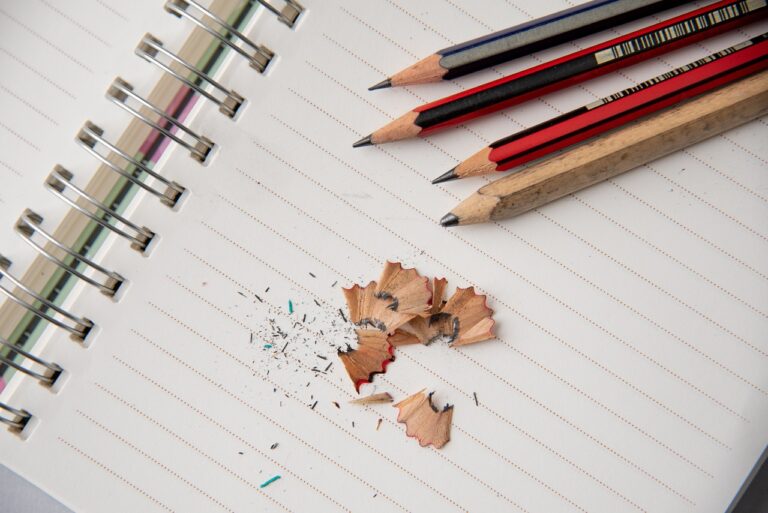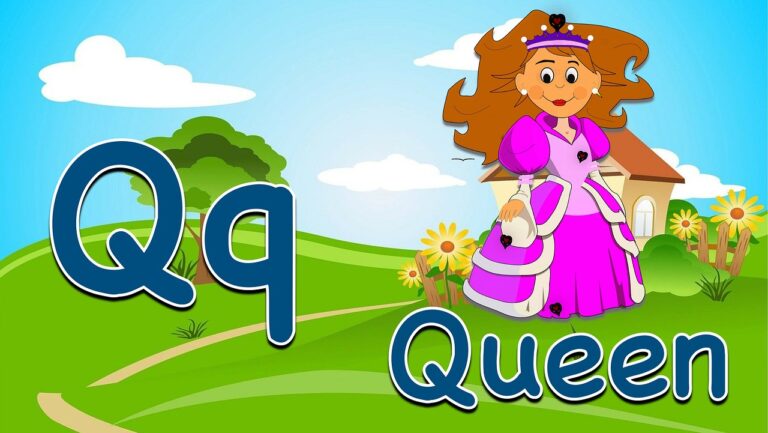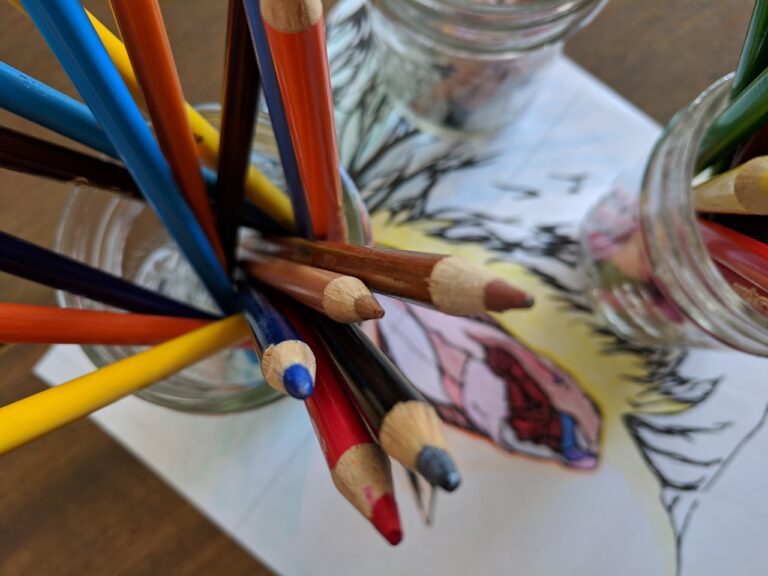The Significance of Arts Education in Schools
Arts education plays a vital role in nurturing creativity among individuals. By engaging in activities like music, dance, painting, and theater, students are encouraged to think outside the box and explore innovative ideas. This fosters a mindset that values imagination, originality, and self-expression, which are essential skills not only in the arts but also in various aspects of life.
Moreover, arts education encourages individuals to embrace experimentation and take risks in their creative pursuits. Through trial and error, students learn to adapt and find innovative solutions to challenges they encounter in their artistic endeavors. This process of pushing boundaries and trying new approaches helps individuals develop a resilient and open-minded attitude that can benefit them in both their personal and professional lives.
The Impact of Arts Education on Academic Performance
Arts education has been shown to have a positive impact on academic performance. Students who are exposed to arts education have been found to demonstrate greater creativity, critical thinking skills, and problem-solving abilities. By engaging in various art forms, students are encouraged to think outside the box and develop a more well-rounded view of the world around them.
Furthermore, arts education has been linked to improved memory retention and cognitive abilities. Studies have shown that students who participate in arts education programs tend to perform better in subjects like math, science, and language arts. This is believed to be because engaging in the arts stimulates the brain in unique ways, fostering connections between different areas of learning.
How does arts education benefit academic performance?
Arts education helps to develop creativity, critical thinking skills, and problem-solving abilities, which can translate to improved academic performance in other subjects.
Can arts education help students with learning disabilities?
Yes, arts education can provide alternative ways for students with learning disabilities to express themselves and understand concepts, leading to increased academic success.
How can schools incorporate arts education into their curriculum?
Schools can incorporate arts education by offering classes in visual arts, music, theater, and dance, as well as integrating arts into other subject areas such as history and literature.
Is there evidence to support the positive impact of arts education on academic performance?
Yes, numerous studies have shown a correlation between arts education and improved academic performance, including higher test scores and graduation rates.
What are some potential challenges in implementing arts education in schools?
Challenges in implementing arts education may include funding constraints, limited resources, and a focus on standardized testing that can prioritize other subjects over the arts.





